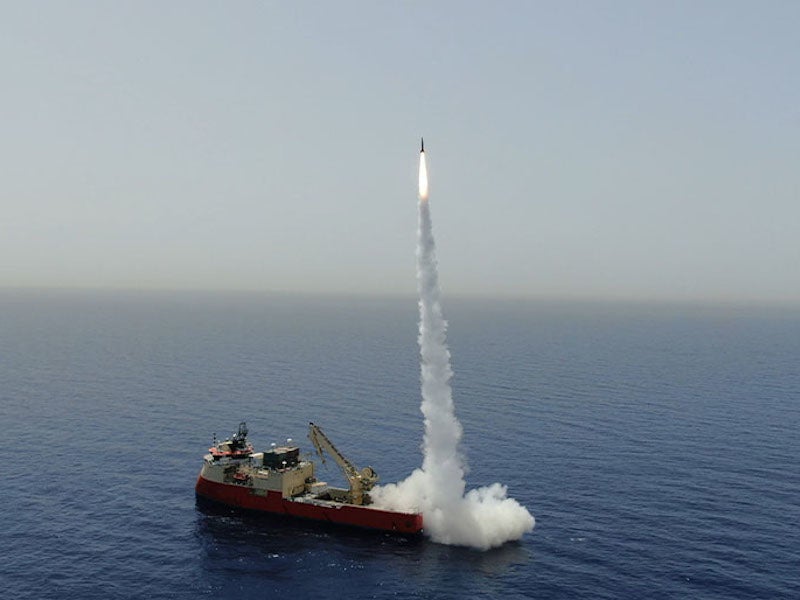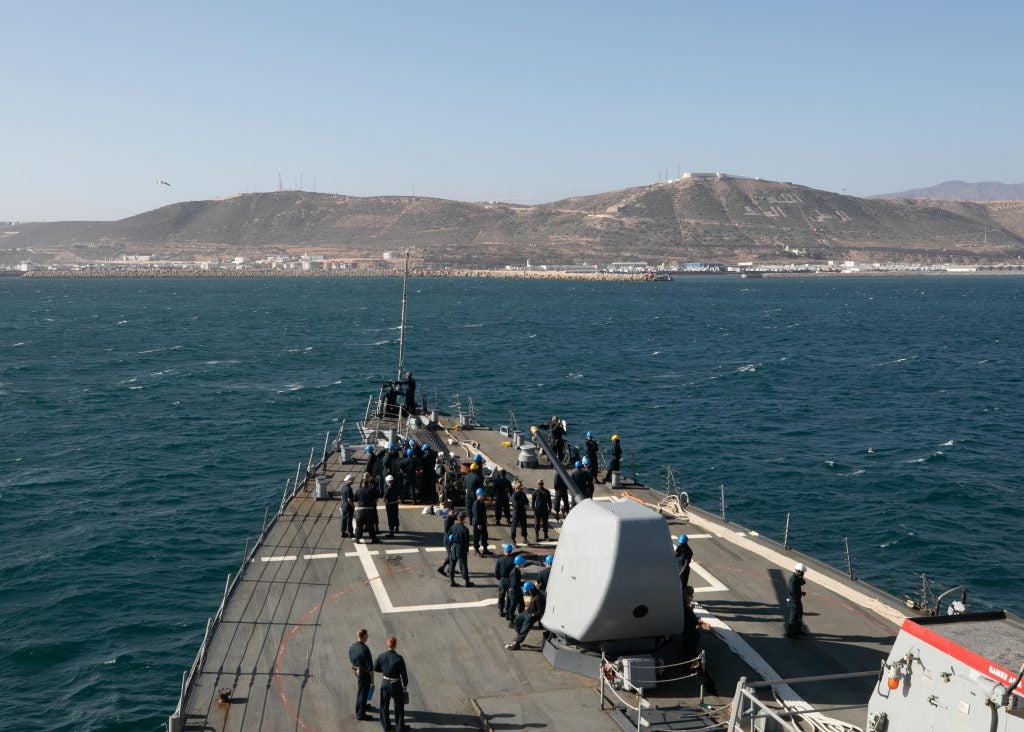According to a recent report by GlobalData titled 'Israel's Defence Market, 2023-28', Israel's defence budget is expected to experience a surge from $24.4bn in 2023 to $27.5bn in 2028, while its acquisition budget is projected to rise to $10.2bn by the year 2028.
Akash Pratim Debbarma, an aerospace and defence analyst at GlobalData, found that the country is taking steps to modernise its defence capabilities by initiating a series of strategic procurement programmes. “These initiatives underscore the country’s proactive approach to maintaining its qualitative military edge over potential adversaries,” said Debbarma.
According to Debbarma, the growing military capabilities of Arab states in the region present a major obstacle to Israel's capacity to uphold its qualitative military edge. ”With its perceived rival Arab countries enhancing their own defence capabilities, Israel must persistently strive to retain its technological lead and deterrence ability.”
The GlobalData report finds that Israel's defence acquisition budget has experienced a compound annual growth rate (CAGR) of 17.1%, reaching $8.8bn in 2023 from $4.7bn in 2019.
Israel defence initiatives
Israel's defence procurement initiatives go beyond just obtaining foreign military equipment, evident through its continuous development of domestic procurement programmes in collaboration with Israel Aerospace Industries Ltd (IAI) and Elbit Systems.
One notable example is the Long-Range Artillery Weapon System (LORA), developed by IAI’s Salam division, and consisting of a long-range tactical ground-to-ground missile. IAI’s LORA artillery weapon system weighs approximately 1,600kg, and is intended for strike scenarios with a range of up to 400km with precision of 10m or greater.
In conjunction with Israeli Military Industries Systems (IMI), ISI also developed the Rampage conventional land attack missiles, a stand-off precision air-to-surface missile (ASM) system, developed to specifically target protected high-value assets using a GPS/INS guided missile with anti-jamming capabilities.
IMI are also responsible for producing the Predator Hawk conventional land attack missile, a rocket with a range of 300 kilometres and less than 10 metre circular error probable (CEP). This rocket is designed to enable ground forces to target distant objectives within the combat zone, and is capable of carrying a diverse range of warheads.
The Israel Missile Defense Organization (IMDO) and the U.S. Missile Defense Agency (MDA), developed the Arrow 4 missile defence system with IAI as the prime contractor, providing an advanced interceptor missile to replace the Arrow-2 interceptors over the next decades.
Strengthening navy and air fleets
The US government’s approval of the sale of 25 F-35 Joint Strike Fighter aircraft to Israel in 2008, worth $15.2bn, was a significant development that will strengthen its air superiority. According to Debbarma, Israel's investment in missile and missile defence systems, as well as the military fixed-wing aircraft sector, establishes itself as a desirable market for defence technologies. This move is expected to encourage innovation and collaboration within the sector.
With the addition of Sa'ar-6 corvettes and cutting-edge missile systems, Israel's surface fleet will receive a substantial boost. This action is anticipated to strengthen the nation's naval capabilities and defence posture. The Israeli navy is in the process of adding four brand-new Sa'ar-6 corvettes to its fleet. The Sa'ar corvettes of the Israeli navy, which are derived from the German Braunschweig-class corvette, have undergone extensive modifications to satisfy Israel's unique requirements.











